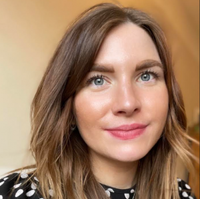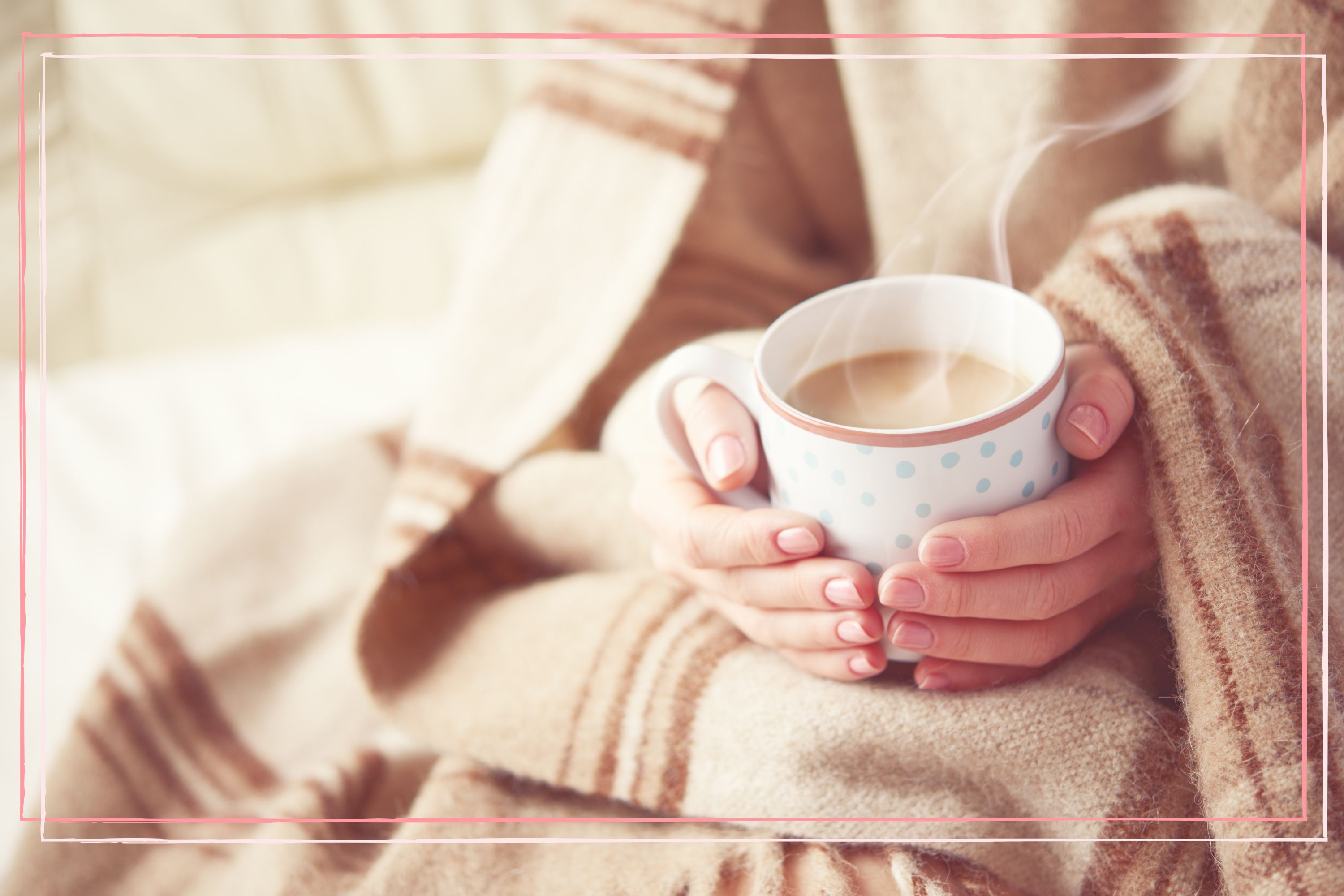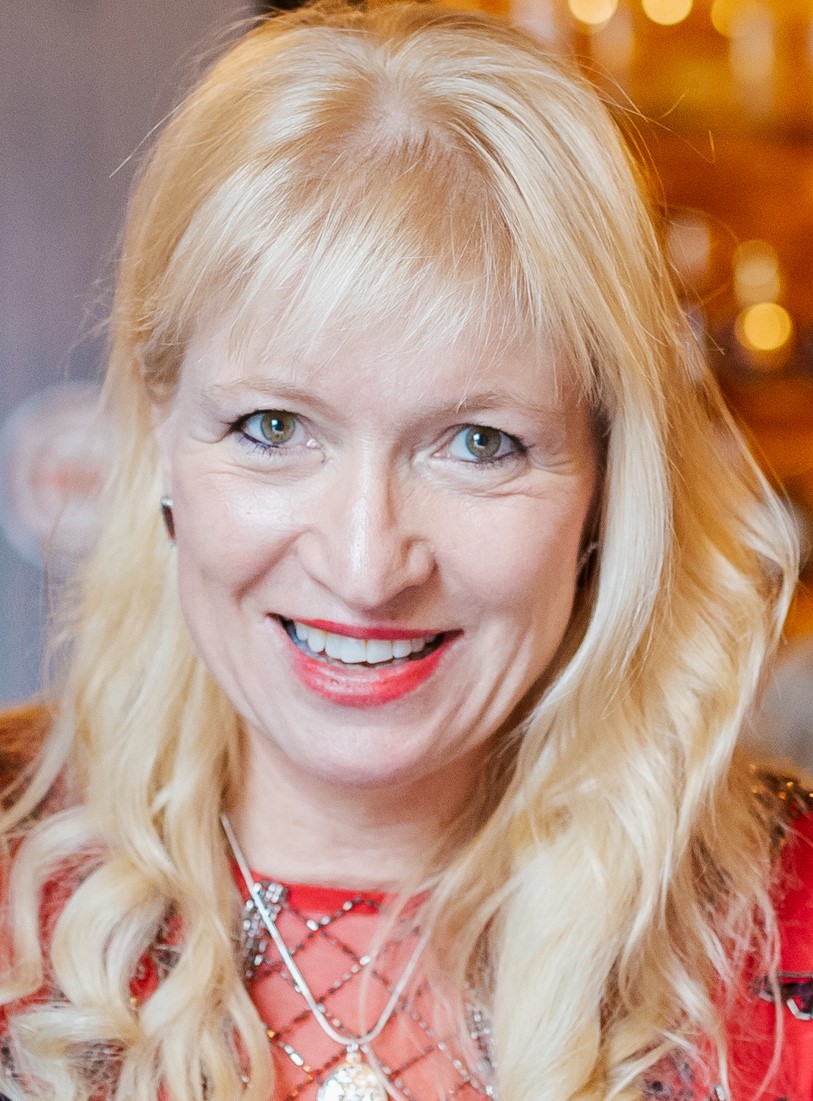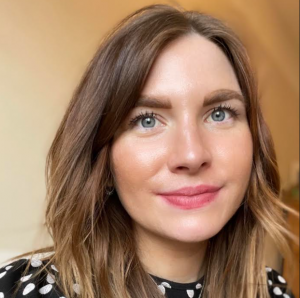Why am I always cold? Reasons you’re constantly freezing and expert tips to warm up
We've asked our experts 'Why am I always cold?' And the tips and tricks to keep you warm


During the winter, you’re probably often asking yourself, ‘Why am I always cold?’ But while you might simply put this down to the fact the outside temperature is dropping, your health could be a factor, too.
"Increased cold sensitivity is a normal part of ageing, but it can also be a sign of a health problem that is linked to poor blood flow and circulation," says co-founder and registered manager of online pharmacy The Independent Pharmacy, Scott McDougall.
"Conditions such as anaemia, Raynaud’s disease and diabetes, as well as low body weight are common causes of feeling cold." Fed up of constantly feeling chilly? Here, our experts get to the root of what might be causing those shivery spells and how to stay warm this winter.
Why am I always cold? 4 possible reasons
1. Anaemia
Anaemia occurs when there are not enough healthy red blood cells to provide oxygen to the body's organs. Symptoms include fatigue, dizziness and feeling cold.
"The types of anaemia which tend to cause this cold symptom are related to iron and vitamin deficiencies (namely, vitamin B12 and folate)," says Kim Goldin, GP and health assessment doctor at Nuffield Health.
Iron produces haemoglobin – a protein in your red blood cells, which carries oxygen, nutrients and heat all over the body. You can boost your levels by eating foods high in iron, such as seafood - especially clams, oysters and mussels - red meat and quinoa. If you think you might be anaemic, you can book an appointment with your GP for a blood test.
2. Poor blood circulation
The answer to 'Why am I always cold?' might be simply be down to poor circulation. "As we age, the arteries get furred up with fatty deposits by a condition known as atherosclerosis," says Dr Deborah Lee from Dr Fox Online Pharmacy. "Because blood cannot pass so well through blocked arteries, the tissues beyond the blockage are relatively starved of oxygen."
Parenting advice, hot topics, best buys and family finance tips delivered straight to your inbox.
This means your toes and feet may look pale, with bluish nail beds, and feel cold. You might also experience numbness and tingling in your hands and feet.
3. Raynaud’s syndrome
Raynaud's disease: the 'cold hand syndrome' that affects one in five of us causes spasms in small blood vessels in your fingers and toes. "They may turn white to blue, then flush red as blood returns," says Scott. "This occurs when blood vessels constrict due to cold or stress, so staying warm in the winter and avoiding stressful triggers is critical."
People with primary Raynaud's disease – where the cause is unknown and isn't linked to any underlying cause – often experience mild symptoms, which can be managed with lifestyle changes.
According to the NHS, things you can do to help manage Reynaud's include:
- keep your home warm
- wear warm clothes during cold weather, especially on your hands and feet
- exercise regularly – this helps improve circulation
- try breathing exercises or yoga to help you relax
- eat a healthy, balanced diet
4. Low body mass index
Body fat helps to insulate you from the cold, so those with decreased body fat will feel the it more.
"Causes of a low BMI (below 18.5kg) include malnourishment, eating disorders such as anorexia nervosa, severe chronic diseases or cancer patients who have low levels of body fat," says Dr Lee.
Why am I always cold in the morning?
The reason we may feel cold in the morning is due to our circadian rhythm, which regulates our sleep-wake cycle.
"It forms part of our 'internal body clock' and follows an approximate 24-hour cycle. One of the body’s functions that falls under this rhythm is our core body temperature," says Dr Goldin.
"We usually reach our lowest body temperature about midway through our sleep so when we do wake up, our bodies have often not fully warmed up to our typical body temperature," she adds. "For this reason, we may feel cold in the morning as our body temperature regulates itself."
Why am I always cold at night?
Lack of sleep caused by feeling cold? Again, this comes back to our circadian rhythm. "Even though it can be incredibly frustrating if you can't sleep due to feeling cold, it's normal to feel chillier at night. This is due to our core temperature starting to drop as our body prepares us for sleep," says Dr Goldin. "This is a natural response to the lack of daylight and it lets our body know it's time to rest."
Menopausal women may also experience night-time chills. "The decrease in oestrogen levels has an effect on the hypothalamus, making it less effective at regulating body temperature. This causes both chills and hot flushes," says Scott.
"Poor positioning can also cause numbness and coldness in the arms and legs at night," he adds. "Back sleepers can improve their circulation by placing a pillow under their feet, while side sleepers can place a pillow in between their knees."
To fix your sleep schedule, you can warm up before drifting off. Take a hot water bottle to bed or invest in one of the best blanket hoodies to hunker down in.
How can I stop being cold all of the time?
1. Keep a warm home
"Wear layers such as a thermal vest made of a wicking fabric which absorbs moisture such as polyester, followed by a woollen jumper, and then a wind-resistant jacket on top," says Dr Lee.
And while you might not want to blast the heating, there are plenty of ways you can stay warm at home. "Keep your head warm with woolly hats and scarves, and try fingerless gloves. And wear slippers, rather than walking about bare foot," she adds.
Of course, an electric blanket will also keep you toasty, but if you're worrying how much does it cost to run an electric blanket?, you can opt for a hot water bottle or a microwavable heat pack.
2. Manage your weight
Managing your weight is important – but not through crash diets, fad diets or ‘yo-yo’ dieting, which can be bad for your health, and often lead to more weight gain long-term.
"You need to find a healthy eating plan you can stick to and lose weight steadily and gradually," says Dr Lee.
"If you are seriously underweight (BMI of 18.5kg or under) you need to book an appointment with your GP to rule out possible medical causes," she adds.
If you have an eating disorder, you can seek help and advice at the eating disorders charity, Beat. You can also make an appointment with your GP who may refer you to a specialist for treatment, where you can have a tailored plan to help you gradually restore your weight to a healthy range
3. Hydrate
It might not be the first thing you think of to keep yourself warm, but Dr Goldin explains that "if we become dehydrated, our body causes constriction of the blood vessels to conserve the water in the body, which can cause a constant cold feeling."
Limit your caffeine intake and drink warm water or herbal/decaffeinated tea if you're having a hot drink. Sipping hot ginger tea is especially good for warming you up as it can stimulate thermogenesis and it's a diaphoretic (warms your body from the inside out).
4. Eat a balanced diet
Eat a well-balanced diet that is varied and nutritionally complete. Foods that take longer to digest will keep you warm. These include:
- Complex carbohydrates – porridge or oatmeal, wholegrains, potatoes and lentils.
- Bananas – contain vitamin B and magnesium, which help the function of your adrenal glands and thyroid. These both help regulate body temperature.
- Dry fruits and nuts generate heat in the body and can also help boost iron levels. Just don't eat more than the recommended 30g daily as they're high in fat.
- Root vegetables such as onions, sweet potatoes, turnips, garlic and radishes.
- Spices including capsaicin and cayenne.
"Fill your diet with warm nourishing foods, such as soups and casseroles, and have plenty of warm drinks," says Dr Lee. "If you're vegan or vegetarian, it’s advisable to take B12 supplements." And does being cold burn calories? Yes, a small amount! So factor this in to your daily intake too.
Video of the Week

Scott studied pharmacy at University of Strathclyde in Glasgow. After graduating, he worked as a community pharmacist with Lloyds Pharmacy for two years before helping to form The Independent Pharmacy.
Scott fulfills a number of roles in the company including a director, registered manager with the CQC, and a clinical pharmacist registered with the GPhC.

Dr Kim Goldin is a Senior General Practitioner, Health Assessment Doctor and Education Lead for Nuffield Health’s GP team. She has worked at Nuffield Health, the UK’s largest healthcare charity, for nine years.

Dr Lee graduated from the University of Southampton in 19896 with a medical degree before going on to train as a GP. She worked in the NHS for many years, mostly as Lead Clinician within an integrated Community Sexual Health Service, and now works as a health and medical writer, with an emphasis on women's health, including medical content for Dr Fox pharmacy.
Rose Goodman joined Future Publishing in 2020 and writes across Goodto.com, Woman & Home, Woman, Chat and Woman’s Own magazines. Prior to pursuing her career as a writer, Rose obtained a degree in psychology and went on to work in adult mental health for five years at Addenbrooke’s Hospital, Cambridge, specialising in eating disorders. She is fully trained in first aid, medical emergency response and motivational interviewing – a directive, patient-style counselling approach to address ambivalence in recovery. She graduated with a MA in creative writing from the University of Brighton in 2017. In her spare time she enjoys writing poetry and attending literary events, and offers weekly support to those living with homelessness. Rose has a passion for raising awareness around mental illness and the importance of prioritising our wellbeing.
